Politics

Amazons of the far Right
An increasing number of far-right parties in Europe are led by women. Yet, these parties have relatively few women among their voters, members, and elected representatives, according to researchers.
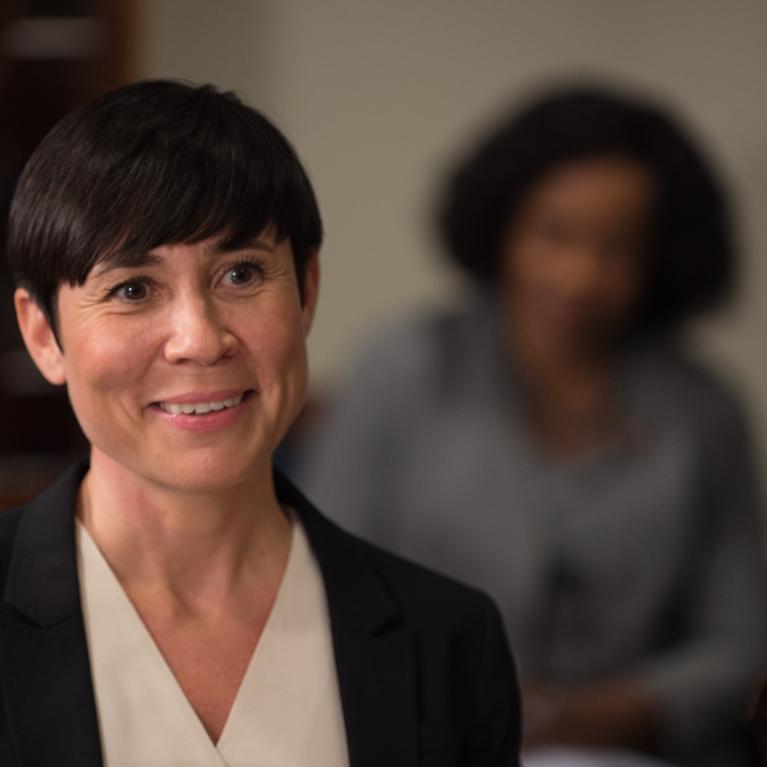
Avoided the f-word as foreign minister
Canada, Mexico and Sweden in particular, are examples of countries that used the term "feminist" as part of their foreign policy. The fact that Ine Eriksen Søreide did not do so suited both her and Norway just fine, says researcher Inger Skjelsbæk.

Gender equality is essential for the green shift
Gender equality is decisive for reaching the climate goals. This perspective is missing today, writes Linda Marie Rustad.
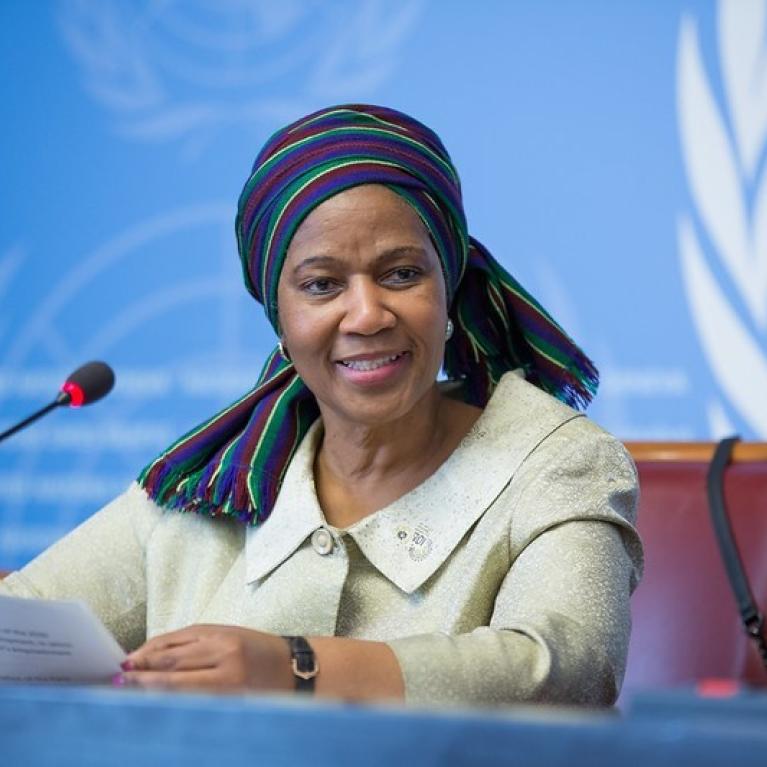
Efforts to promote peace can make women more vulnerable
In recent years, gender has become an important factor in the international work against extremism. But some researchers fear that when women become part of the first line defence against radicalisation, they also become more vulnerable.

The EU raises the standard of Norwegian gender equality policies
That the EU affects Norwegian gender equality policies has mostly proven to be a good thing. But an individual-oriented policy puts pressure on the social democratic approach, say researchers.

Men control Norwegian nature
Women are more or less absent in the management of outfield and nature conservation areas. Gender equality has been neglected within Norwegian nature management, according to researcher.

Norwegian equality measures criticised by experts
Norway met criticism in the UN Committee on the Elimination of Discrimination against Women for its lack of efforts on matters of gender equality. There is now a hope that the critique may contribute to the implementation of important measures.
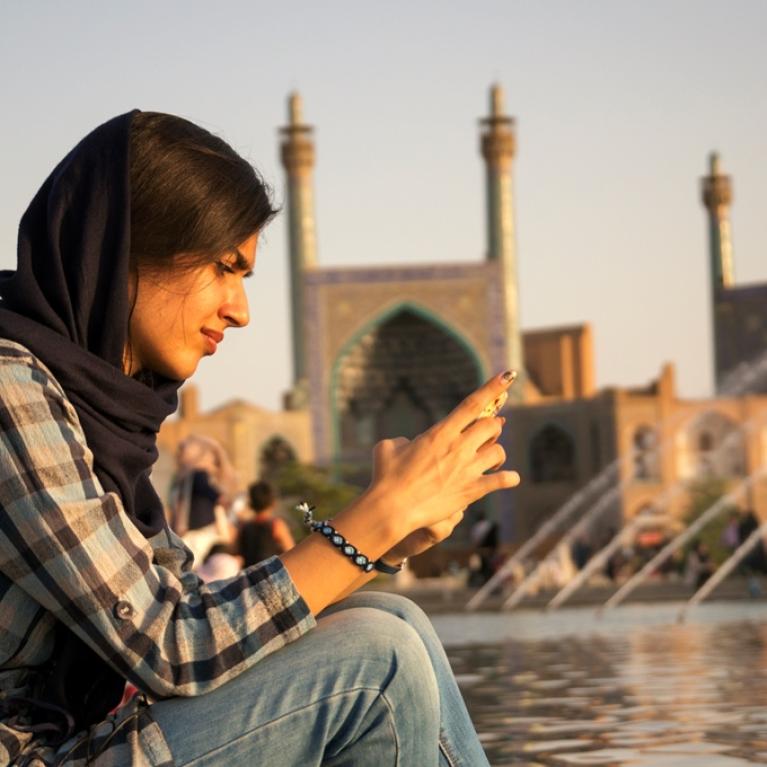
Iranian women become political players through Facebook
By mourning women as martyrs in Iran, they become recognised as political players, says Gilda Seddighi. She has studied Facebook pages dedicated to dead or incarcerated Iranians.

Sex Purchase Act has altered Swedes’ attitudes towards prostitution
While the number of Swedes supporting the sex purchase ban is rising, more people also feel positive towards a ban on selling sex. Thus, the goal of transferring stigma from seller to buyer is still not achieved.
Good mothers don't protest
They demonstrated in order to secure their children’s future in Norway, but the protest was used against them as mothers. “Who is allowed to be politically active and how is a much more gendered issue than we’d like to think,” says Synnøve Bendixsen.
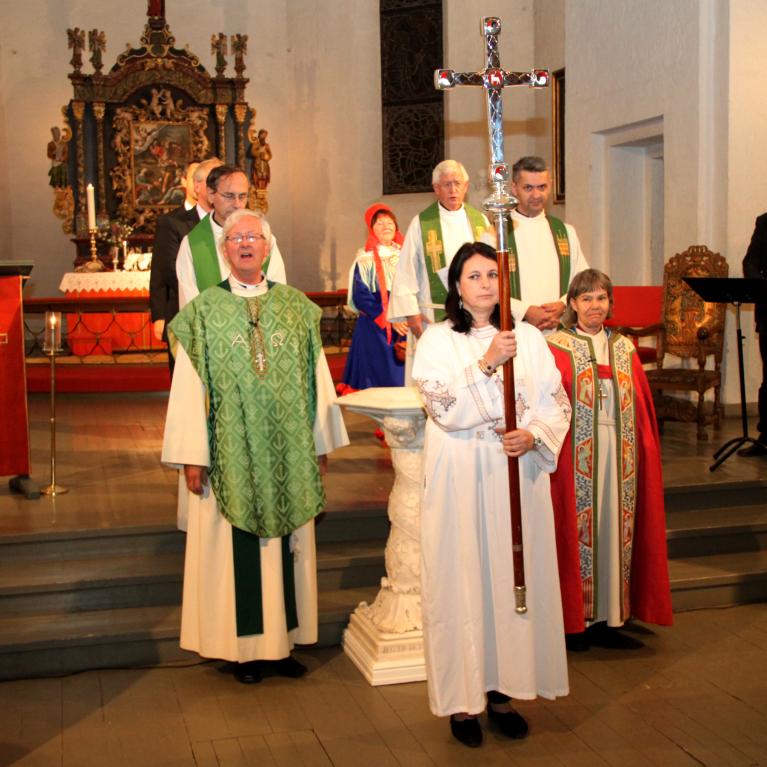
Religious freedom more important than women’s rights
The anti-discrimination legislation is more powerful than ever. Yet freedom of faith and religion is still more important than women’s rights in Norway, according to a new PhD thesis.
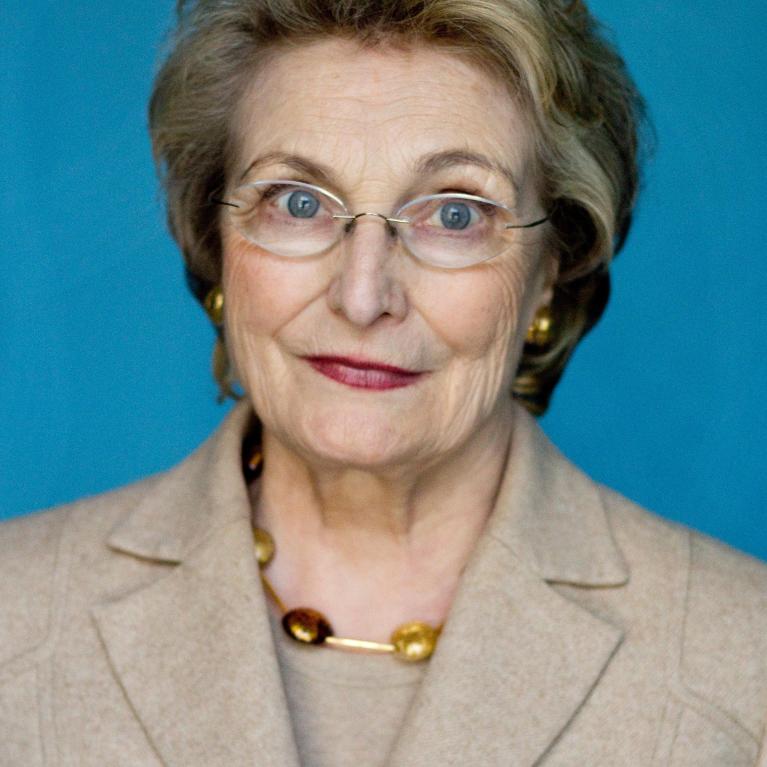
Helga Hernes - The mother of state feminism and gender quotas
State feminism. Gender quotas. Women’s research. Nobody can say that political scientist and gender equality strategist Helga Hernes (77) hasn’t left any traces behind.
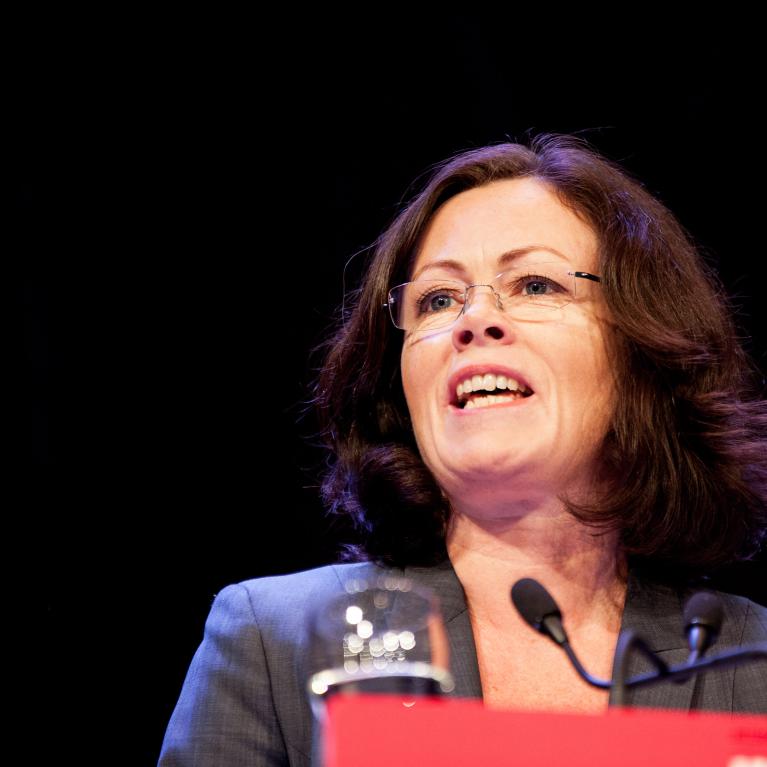
Gender researchers dismiss new Norwegian equality report
Researchers highly critical of the conservative Norwegian Cabinet’s new White Paper on equality.

A story of success
All of a sudden there was no escape: Publicly listed companies in Norway had to comply with the law requiring a 40 % female quota for board members. And indeed: It quickly worked. What happened?

Failed the cause of equal pay
In 1959, the Norwegian Parliament ended the practice of establishing lower wage scales for women than for men.
“The Norwegian Employers’ Association used deliberate, cynical means to ensure that female-dominated jobs remained low paying. The Norwegian Confederation of Trade Unions (LO) failed the cause of equal pay by accepting this,” says Professor Inger Bjørnhaug.
News Magazine
Our news magazine is an independent online newspaper and a member of the Norwegian Specialised Press Association Fagpressen.